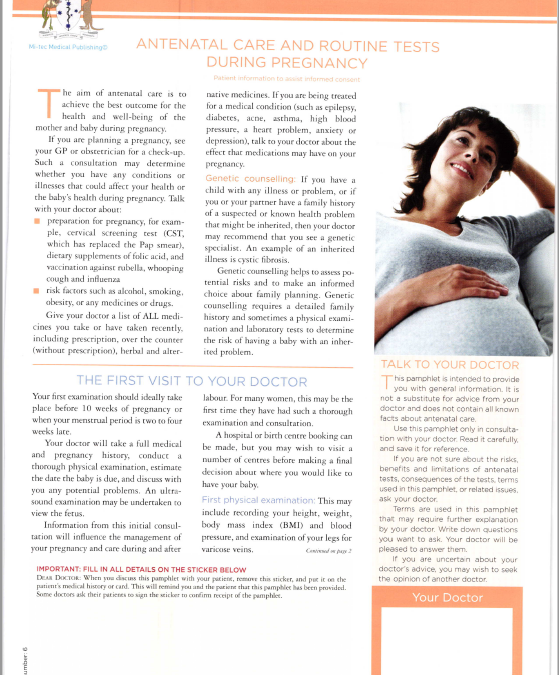The importance of taking folic acid in pregnancy
Folic acid
Folic acid is a form of folate (a B vitamin) that everyone needs. If you can get pregnant or are pregnant, folic acid is especially important. Folic acid protects unborn babies against serious birth defects. You can get folic acid from vitamins and fortified foods, such as breads, pastas and cereals. Folate is found naturally in foods such as leafy green vegetables, oranges, and beans.
Folic acid is the man-made form of folate, a B vitamin. Folate is found naturally in certain fruits, vegetables, and nuts. Folic acid is found in vitamins and fortified foods.
Folic acid and folate help the body make healthy new red blood cells. Red blood cells carry oxygen to all the parts of your body. If your body does not make enough red blood cells, you can develop anemia. Anemia happens when your blood cannot carry enough oxygen to your body, which makes you pale, tired, or weak. Also, if you do not get enough folic acid, you could develop a type of anemia called folate-deficiency anemia.
Everyone needs folic acid to be healthy. But it is especially important for women:
Before and during pregnancy. Folic acid protects unborn children against serious birth defects called neural tube defects. These birth defects happen in the first few weeks of pregnancy, often before a woman knows she is pregnant. Folic acid might also help prevent other types of birth defects and early pregnancy loss (miscarriage). Since about half of all pregnancies are unplanned, experts recommend all women get enough folic acid even if you are not trying to get pregnant.

